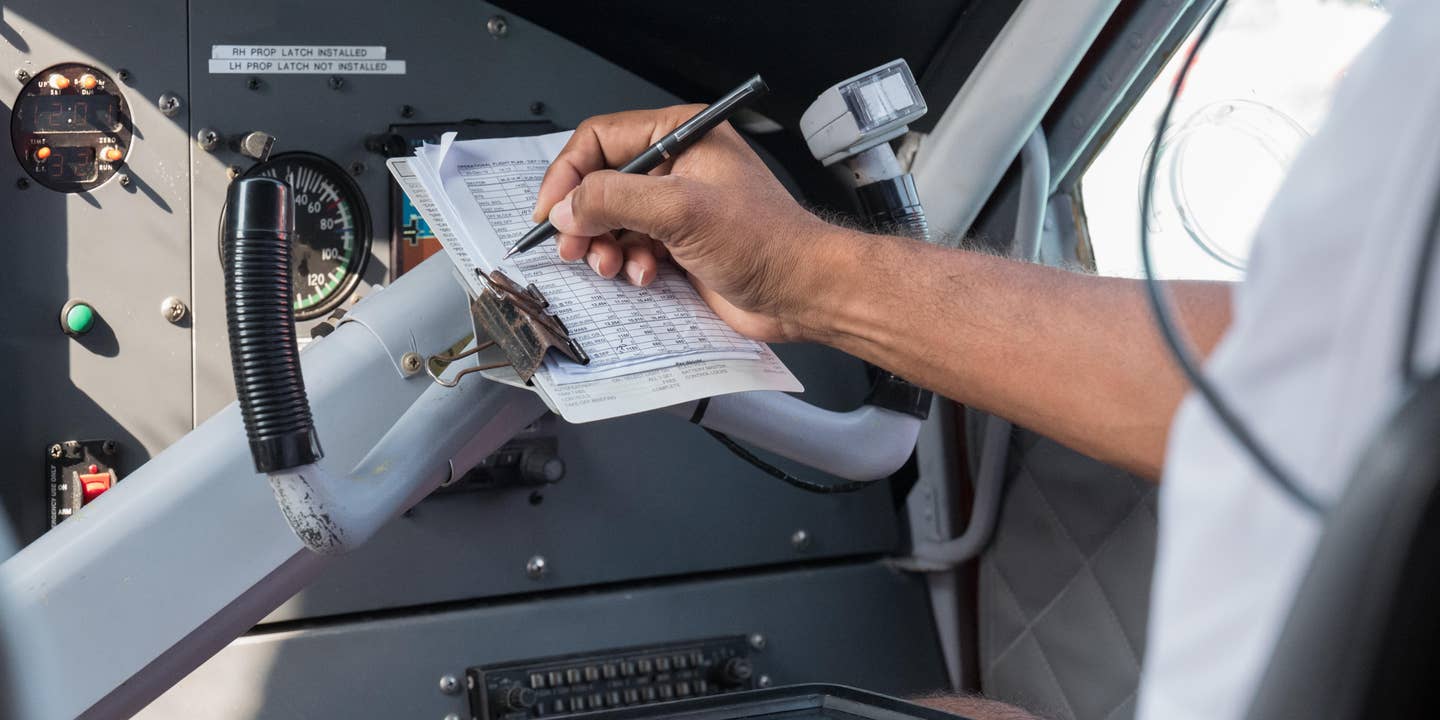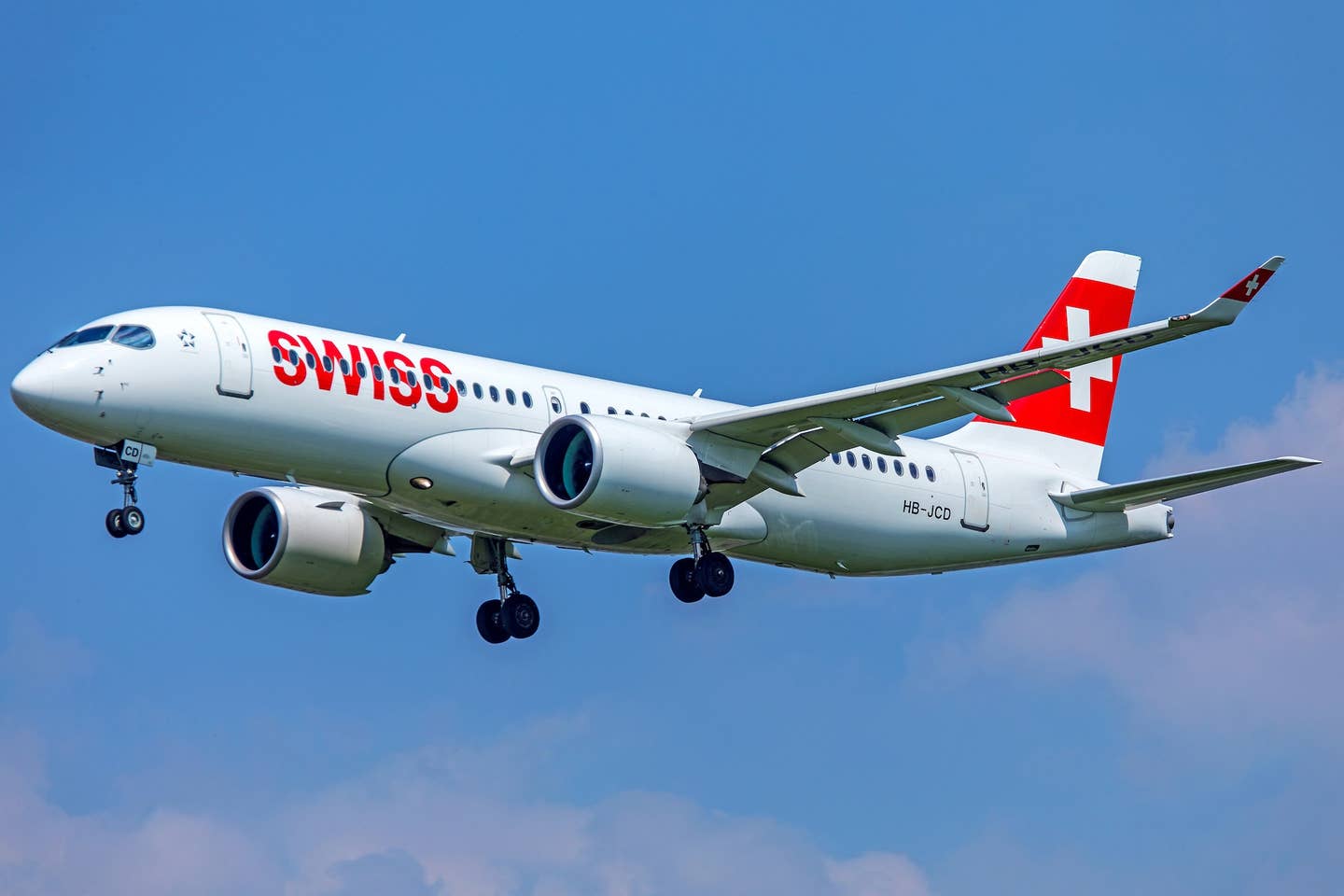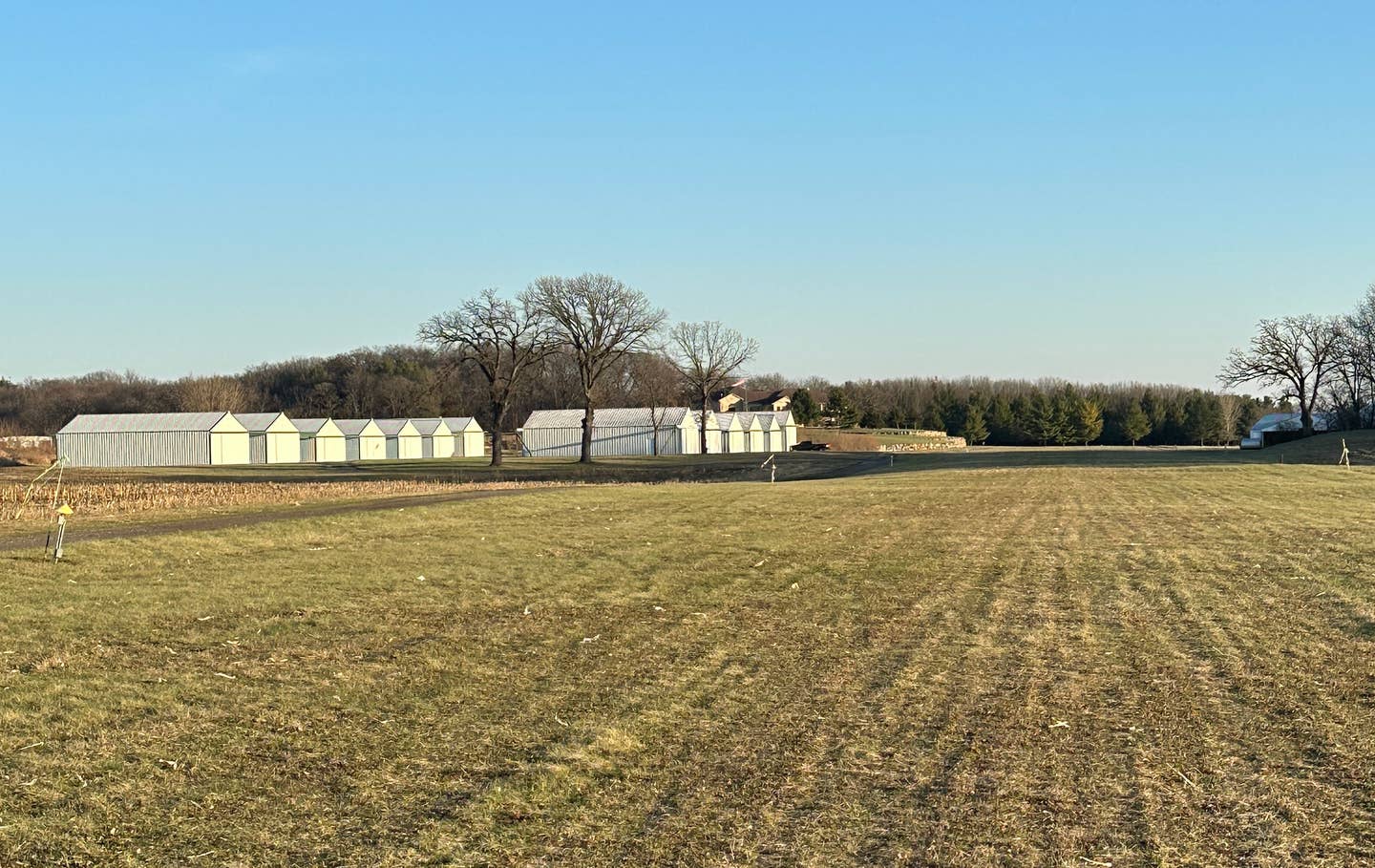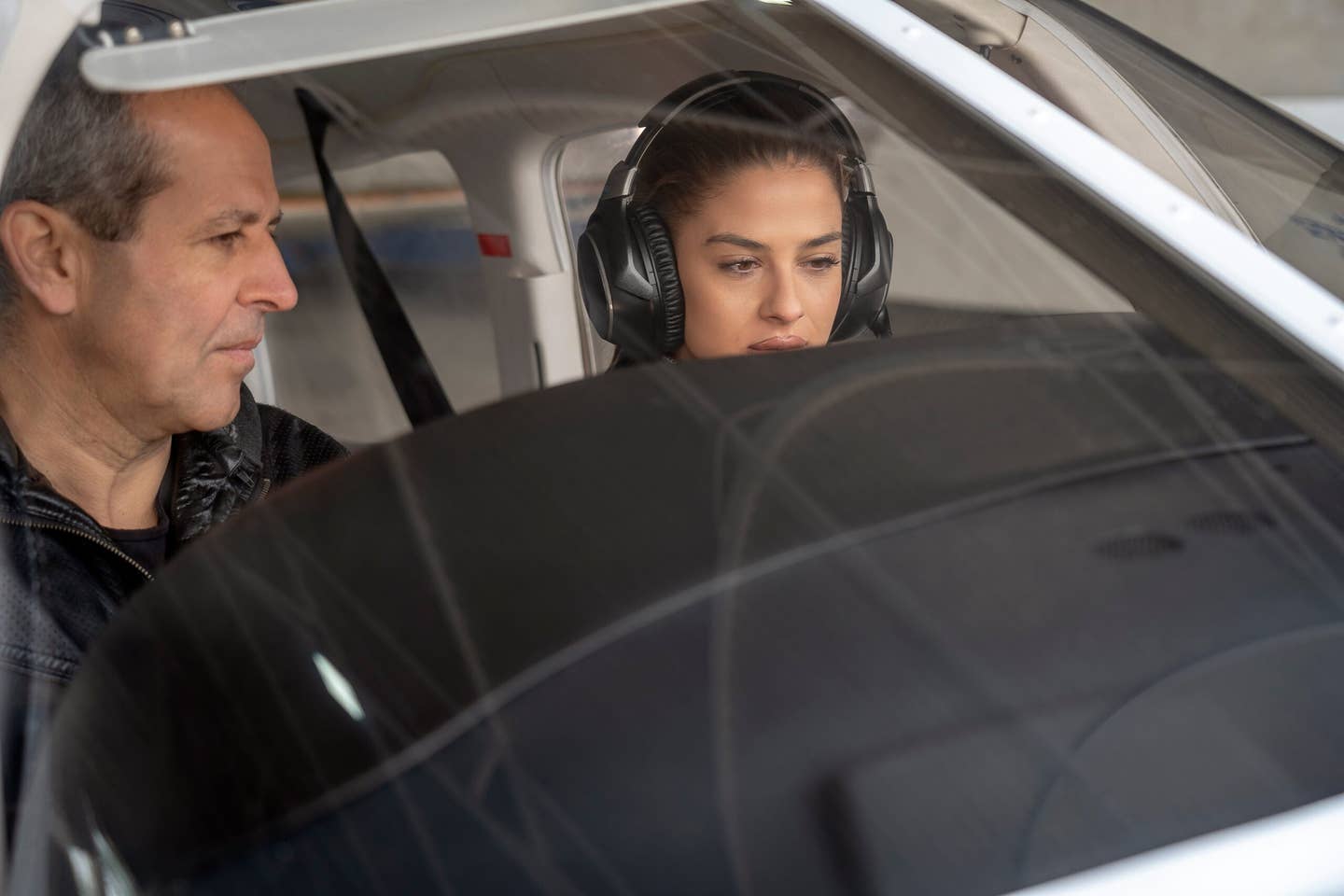
Flying the No. 79 Shoestring named Kermit, pilot Justin Phillipson was the winner of last year’s test race. Air Race 1
Formula One competition pilots are gearing up for the Air Race 1 World Cup, set to take place on November 17 through 19 at the U-Tapao Royal Thai Naval Airfield near Sattahip, Thailand.
Up to eight Formula One racers will battle it out in each heat, which includes eight laps around a 5 km low-level pylon course at speeds around 240 knots. There are a total of 17 contestants, 12 of whom are from the United States. The remaining pilots are from Canada, France, Scotland and England.
“I’m breathless with anticipation about the Air Race 1 World Cup,” said Tim Cone, who is racing. “It’s almost a foregone conclusion that a U.S. pilot will win as we’ve had formula one air racing in the States for many years. We’ve now got a few upstarts from Europe and other countries fancying their chances, but I’m sure we’ll put them in their place!”
Formula One race airplanes are so small that the pilots appear to wear them as they fly. While the airplanes have to meet certain specs in terms of wing area, engine size and weight, each one is unique and has its own personality. Some examples include the winner of last year’s test run, Race #79, a green and white modified Shoestring named Kermit flown by Justin Phillipson; Race #592, flown by Jason Barksdale — a camouflage painted Cassutt named Tony the Tiger; and Philip Goforth’s Race #69, a stunning white and purple Stratocaster named Knotty Girl.
Last year’s test race, held in preparation for this year’s Air Race 1 World Cup, was the first pylon air race to take place anywhere in the Asia Pacific region. Thousands of people attended the event, according to an Air Race 1 news release, and with a big marketing push for this year’s big event, attendance for the World Cup is expected to be strong. The competition is hosted by the Sports Authority of Thailand, which is part of the country’s Ministry of Tourism and Sport.

Sign-up for newsletters & special offers!
Get the latest FLYING stories & special offers delivered directly to your inbox






